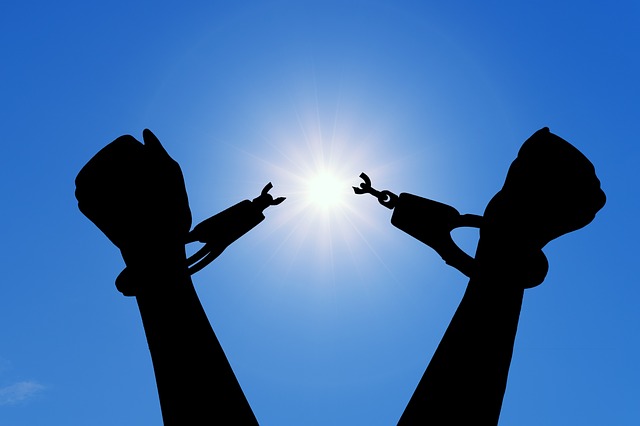Stoicism, Victimhood and Empowerment
This is a short sequel or postscript to my previous essay on Stoicism. In that essay I talked about the tools that the stoic system gives for dealing with difficult times. In this essay I want to talk about how Stoicism is a kind of natural antidote and corrective to a tendency in some political circles for people to view themselves primarily as victims of an unfair system or of other groups.
When you understand stoicism, it is obvious that people with such a victim mindset are giving their power away.
That is what I want to consider here.
—
To summarize the main insights of stoicism here, there are two main areas of life: those things that are under our control, and those things that are out of control. The one thing that is completely under our control is our mental state, our response, our reaction to the things that happen to us. The one thing that is completely out of our control is how other people think about us, talk about us, or act towards us. Given that, it only makes sense that the sanest course of action is to give up any need to control how others act towards us, and to concentrate our energies on our own thoughts and responses.
Viewing yourself as a victim of someone else is the inverse of the stoic attitude. It puts all power (or blame) for a person’s state on how others treat them or have treated them, and demands that be changed. That is putting all of a person’s well-being completely outside of themselves and at the mercy of others.
The Stoics knew that it is very bad for your mental and emotional health to blame everything that is wrong with you on someone else, or on something outside of you. It renders you powerless.
The one thing you have control over is your own reaction. The one thing you have no control over is other people’s reaction to you. If you flip that, and get very invested in changing how other people think and act while being oblivious to controlling your own response, you’re lost. That is a very good way to feel powerless, empty, resentful, victimized, oppressed and angry. It’s an emotional and spiritual dead end.
What is mental health? Taking responsibility for your ability to choose your own response, and giving up investment in needing to change what other people think or do.
That is why viewing people primarily through a lens of being victim and victimizer, oppressed and oppressor, is so very deadly. That is why it is so very important, for real mental health and empowerment, to take your power back by taking responsibility for your own life, your own mental state, your own health and well-being.
Remember – the man who is credited as the first main teacher of Stoicism, Epictetus, was a former slave. He spoke from lived experience.
—


So simply and elegantly put. Reminding people it is actually down to them how they chose to act or react, that shapes their health and well being, is something that appears to be ignored today. It is probably much easier to “be a victim” than it is to acknowledge it is your reactions that cause you the problems, and what is needed is to try and flip things around and take back your power.
I love this! Really shed light on a very common issue. Thank you. I appreciate your fresh perspective on this subject.